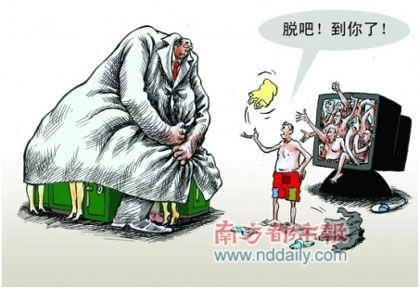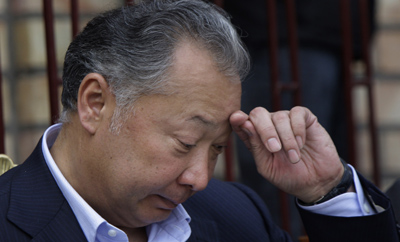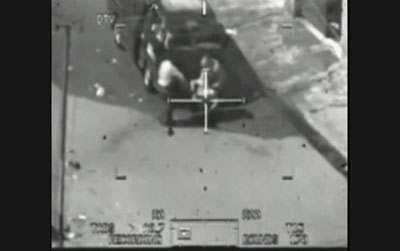
Apple-Gizmodo case takes a bite out of global journalism
Modern technology blurs our definitions of journalism, so it’s no surprise that the first important tests of the new world should take place in the heart of Silicon Valley. But we should take care that arguments in widely publicized cases, such as the Apple-Gizmodo controversy in the United States, do not set precedents that could…

China’s state secrets law leaves journalists exposed
The Standing Committee of China’s National People’s Congress adopted a revised state secrets law on April 29. The changes, which take effect October 1, put greater onus on media and telecommunications companies to defend state secrets and cooperate with authorities investigating alleged violations of the legislation. Chinese commentators point out that while individuals are having…
State-owned Internet provider blocks Kazakh news sites
New York, April 29, 2010—Kazakh authorities must order the state-owned Internet Internet provider Kazakhtelecom to immediately restore access to the independent news portal Respublika and the Web site of its sister publication Respublika-Delovoye Obozreniye, the Committee to Protect Journalists said today.

Is Brazil the censorship capital of the Internet? Not yet
Last week, Google published its first set of global government request statistics, showing how many demands it receives to remove content from its servers or hand over private information on its users. Transparency by Internet companies about how much information they are compelled to remove or release helps us understand how online journalism worldwide may…

Microsoft, piracy, and independent media in Kyrgyzstan
When the independent television outlet Stan TV was raided by Kyrgyz financial police on April 1, authorities claimed they were investigating the use of unlicensed software. The timing of the raid implied a different motivation. As CPJ reported at the time, the day before, the Kyrgyz courts had shut down the pro-opposition newspaper Forum. In…
In censoring Web, Thailand could worsen crisis
As part of its declaration of emergency, the Thai government last week radically broadened existing Internet censorship powers to prohibit a wide range of speech, including independent commentary and newsgathering. In doing so, it has exacerbated an already fragile political situation and may have permanently weakened Thailand’s constitutional protections for press freedom.

Emergency censorship deepens unrest in Thailand
New York, April 9, 2010—The Thai government should restore access to news outlets censored after a state of emergency was declared Wednesday in response to antigovernment protests, the Committee to Protect Journalists said today. Journalists reporting on the unrest are increasingly vulnerable to physical assault as clashes between protesters and authorities escalate.

Technicalities: 10 Questions on WikiLeaks
Monday’s release of graphic video footage of an attack by the U.S. military on two Reuters journalists vividly depicted the dangers involved in covering a battlefield. It also thrust into the spotlight WikiLeaks, the enigmatic Web site responsible for obtaining, decoding, and publicizing the footage. Here’s 10 questions answered on WikiLeaks, including how it works, its goals, and some…
Newspaper suspended, TV station raided in Kyrgyzstan
New York, April 2, 2010—Authorities in Kyrgyzstan should halt their ongoing crackdown on independent and opposition news outlets, the Committee to Protect Journalists said today. A Bishkek court suspended a pro-opposition newspaper on Wednesday—the third such suspension this month—while financial police confiscated newsroom computers belonging to an independent Web-based television channel on Thursday, effectively taking…